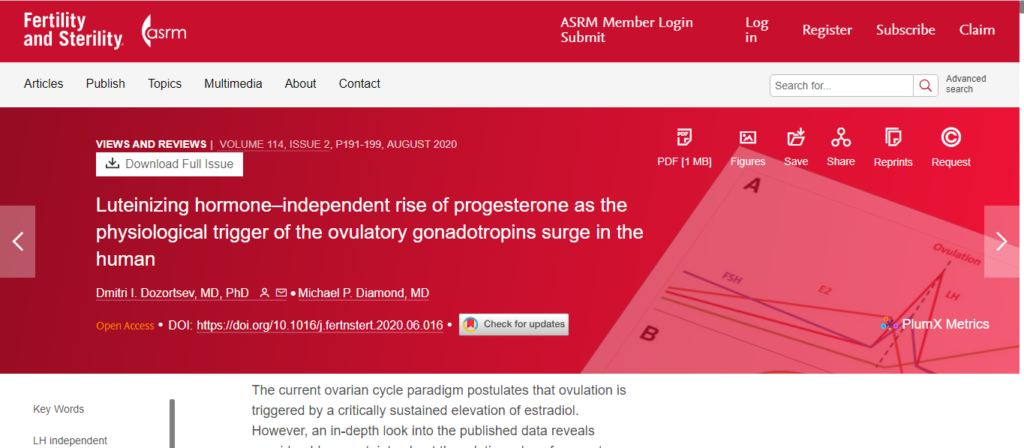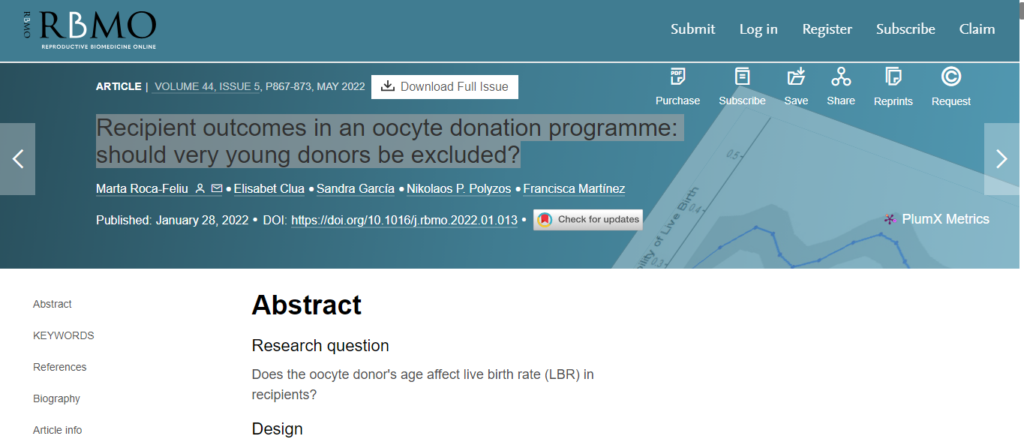Infertility is a common struggle — one faced by 1 in 8 couples — yet the topic continues to be shrouded in secrecy. Thanks in part to public figures speaking openly about their difficulties with conception, the silence around infertility is beginning to lift. However, even when speaking up about infertility is more accepted, many couples still struggle to communicate their difficulties.
Because of the social stigma attached to infertility, many couples prefer to hide their difficulties from family and friends. But often, the pressure to remain silent and bear the consequences alone leads to additional stress. It is important, physically and psychologically, for couples to feel that they can speak openly with people they trust, be they friends, family, or other couples going through similar struggles.
Deciding to share your struggles with family and friends can be a daunting step. Keep in mind, there are no right answers to who you must tell or what you should say. But if you are wondering how to begin, here are a few tips to help you navigate these tricky conversations.
Who to Share With and What to Share
It’s important to remember that you are not required to share your struggles, and there is no script that dictates what you can and cannot say. More likely than not, you already know who you can rely on as a source of support, and how they might respond to what you have to share.
An important question to ask yourself is: will you benefit from being open with them? For instance, if your parents are pressuring you about grandchildren, being open with them might help alleviate any feelings of guilt or stress you feel. Siblings, extended family members, and friends who know about your problems can provide emotional support and steer the conversation away from sensitive topics when you are present. Often, struggling with infertility can make attending baby showers and other social events painful. Having a friend who understands your plight might offer a source of comfort.
Many people prefer to confide in a few people who they know will support them unconditionally, and who are unlikely to offer unsolicited advice. But if you are prepared, you should feel free to share your experiences with infertility as openly as you would like. Choosing to be 100 percent open can encourage support from the wider community. It can also help reduce any stigma attached to infertility. But remember that alternatively, it can also open the door to insensitive criticisms and unwelcome feedback.
Finally, always put yourself first when deciding how much to share, and with whom. If you do decide to open up, remember that what you share is entirely up to you. There may be details you want to keep to yourself or share only with your closest friends. Do not feel obligated to share anything with anyone. It is important to remind yourself that you are not at fault in any way for your struggles with fertility. Infertility is a medical condition and by addressing it with medical professionals, you are taking an important step on your journey.
Looking Beyond Family and Friends
There are many benefits to sharing your experiences with fertility with family and friends. The main advantage, of course, is finding the support you need during a difficult time. Your loved ones will also benefit by understanding how best to support you. Often, family and friends ask questions about family planning without realizing they are causing you pain. Confiding in them might encourage your loved ones to approach sensitive questions with tact and care.
However, the reality is that your loved ones will not always say the right things, and they will struggle to fully appreciate what you are experiencing. If you need additional support or choose not to confide in family and friends, joining community and digital support groups can be incredibly beneficial. Regular meetings with other couples struggling with infertility or even posting in a Facebook group can help reduce feelings of isolation. Support groups can also provide a space to speak openly to people who have had similar experiences and who can offer relevant advice.
Infertility is a medical issue and receiving emotional support is crucial as you navigate your journey. The right fertility specialist can help you find the treatments that are right for you and guide you through the difficult task of finding support. If you have any questions about your experience with fertility, or about how to navigate conversations about fertility, don’t hesitate to schedule an appointment with us.



